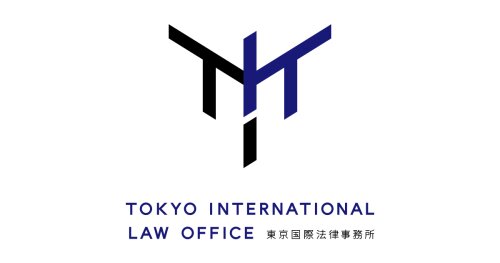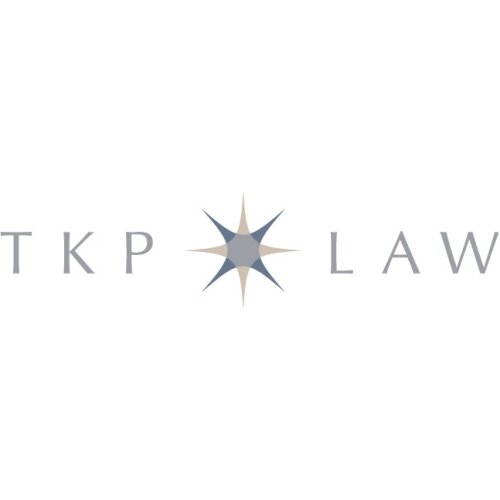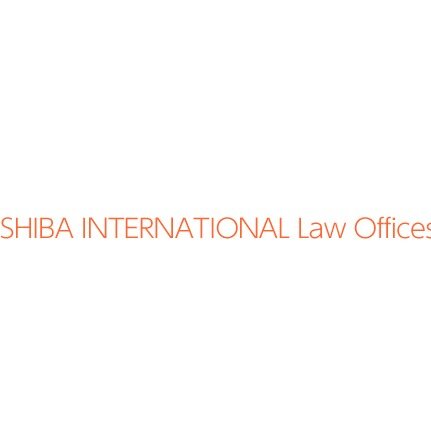Best Energy Regulatory Law Lawyers in Tokyo
Share your needs with us, get contacted by law firms.
Free. Takes 2 min.
List of the best lawyers in Tokyo, Japan
About Energy Regulatory Law in Tokyo, Japan
Energy Regulatory Law in Tokyo, Japan covers the legal rules and governmental oversight that shape how energy is produced, distributed, traded, and consumed. It includes how private companies and public sector players interact within the electricity, natural gas, and renewable energy markets. In recent decades, Japan has focused on deregulation, competition, renewable energy expansion, energy security, and environmental sustainability. The Tokyo metropolitan area, as Japan’s largest energy consumer, is subject to national-level regulations through the Ministry of Economy, Trade and Industry (METI) and local ordinances administered by Tokyo Metropolitan Government.
Why You May Need a Lawyer
Individuals and businesses may require legal help in the field of Energy Regulatory Law for various reasons, including:
- Obtaining or maintaining energy business licenses or accreditations
- Navigating compliance with complex national and local energy regulations
- Negotiating and drafting contracts for electricity or gas supply, grid connections, or renewable energy projects
- Managing disputes with government agencies, energy suppliers, or consumers
- Understanding energy market reforms, tariffs, and incentive programs
- Participating in renewable energy programs or the Feed-in Tariff (FIT) scheme
- Addressing regulatory enforcement actions or penalties for non-compliance
- Assisting foreign investors with entering the Japanese energy market
- Guidance regarding environmental compliance in connection to energy operations
- Mergers, acquisitions, or restructuring within the energy sector
Local Laws Overview
Several key laws and regulations shape the Energy Regulatory framework in Tokyo:
- Electricity Business Act - Governs the generation, transmission, and distribution of electricity, licensing, and consumer protection.
- Gas Business Act - Regulates the supply and distribution of city gas and liquified natural gas with a focus on safety and fair market competition.
- Renewable Energy Special Measures Act - Introduces policies such as Feed-in Tariffs to boost renewable energy development.
- Energy Conservation Act - Sets standards for energy usage efficiency across businesses and buildings.
- Regulatory Bodies - METI supervises the sector at the national level, while the Tokyo Metropolitan Government oversees local ordinance compliance, especially regarding environmental and urban energy policy.
- Market Liberalization - Reforms have opened up the energy markets to more competition and third-party access, particularly for electricity retail businesses.
- Dispute Resolution - The Electricity and Gas Market Surveillance Commission handles market conduct and consumer protection.
- Environmental Regulation - Renewable targets and emissions controls are increasingly affecting energy operators.
Frequently Asked Questions
What is energy deregulation, and how does it affect Tokyo?
Energy deregulation allows consumers to choose their electricity and gas providers, instead of being obligated to buy from local monopolies. This system encourages competition, potentially lowering prices and improving services for Tokyo residents and businesses.
Who regulates energy companies in Tokyo?
The Ministry of Economy, Trade and Industry (METI) is the main regulatory body nationally. The Electricity and Gas Market Surveillance Commission carries out oversight functions. Locally, the Tokyo Metropolitan Government is involved in regional compliance and urban energy planning.
Do I need a license to sell energy in Tokyo?
Yes. Obtaining the appropriate license from METI is mandatory for most electricity or gas business activities, including retail, generation, or distribution.
What are the rules for renewable energy project development?
Renewable energy project developers must adhere to the Renewable Energy Special Measures Act and obtain necessary permits. Participation in Feed-in Tariff or Feed-in Premium programs may require additional qualification steps.
Can foreign businesses invest in Tokyo's energy sector?
Yes, but foreign investors must comply with Japanese laws regarding foreign investment, energy market rules, and possibly obtain regulatory clearances. Legal support can help navigate these complexities.
How are energy prices set in Tokyo?
Prices are set by the market after deregulation, but regulatory oversight ensures fair competition and protects consumers from unfair practices. Certain rates and surcharges, such as grid connection charges, may still be regulated.
What should I do if I have a dispute with an energy provider?
First, try to resolve the dispute through direct communication. If this fails, contact the Electricity and Gas Market Surveillance Commission, or consider consulting an energy regulatory lawyer for mediation or legal proceedings.
What environmental regulations apply to energy operators in Tokyo?
Operators must comply with national environmental laws such as emission standards, as well as local Tokyo ordinances targeting air quality and climate change. Environmental assessments may be required for certain projects.
How are energy efficiency requirements enforced?
The Energy Conservation Act mandates energy-saving standards for large consumers and buildings. Non-compliance can result in administrative guidance or penalties.
Are there subsidies or incentives for renewable energy in Tokyo?
Yes. Japan’s Feed-in Tariff and Feed-in Premium systems provide financial incentives for renewable energy producers. Tokyo Metropolitan Government may offer additional grants or support for certain sustainable energy projects.
Additional Resources
- Ministry of Economy, Trade and Industry (METI) - Main regulator for all energy-related legal matters.
- Electricity and Gas Market Surveillance Commission - Oversees market fairness, handles complaints and dispute resolution.
- Tokyo Metropolitan Government, Bureau of Environment - Issues local energy policies, energy efficiency support, and renewable energy promotion.
- Japan Electric Power Exchange (JEPX) - Provides market information for electricity trading.
- Japan Renewable Energy Foundation - Offers research and insights on renewable energy developments.
Next Steps
If you or your business faces a legal issue regarding Energy Regulatory Law in Tokyo, consider the following next steps:
- Clearly define your legal concern or business objective
- Collect relevant documents and facts, such as contracts, permits, or correspondence with regulators
- Contact a qualified lawyer or legal expert specializing in Japanese energy law
- Consult with relevant government bodies or industry associations for guidance
- Keep informed about local and national regulatory developments, as laws can change rapidly
Lawzana helps you find the best lawyers and law firms in Tokyo through a curated and pre-screened list of qualified legal professionals. Our platform offers rankings and detailed profiles of attorneys and law firms, allowing you to compare based on practice areas, including Energy Regulatory Law, experience, and client feedback.
Each profile includes a description of the firm's areas of practice, client reviews, team members and partners, year of establishment, spoken languages, office locations, contact information, social media presence, and any published articles or resources. Most firms on our platform speak English and are experienced in both local and international legal matters.
Get a quote from top-rated law firms in Tokyo, Japan — quickly, securely, and without unnecessary hassle.
Disclaimer:
The information provided on this page is for general informational purposes only and does not constitute legal advice. While we strive to ensure the accuracy and relevance of the content, legal information may change over time, and interpretations of the law can vary. You should always consult with a qualified legal professional for advice specific to your situation.
We disclaim all liability for actions taken or not taken based on the content of this page. If you believe any information is incorrect or outdated, please contact us, and we will review and update it where appropriate.
















